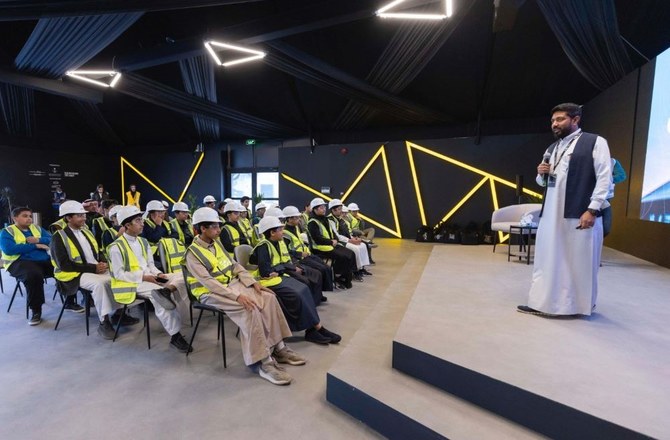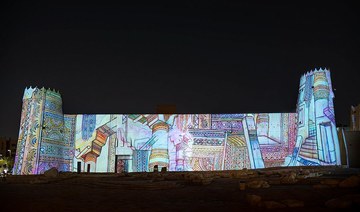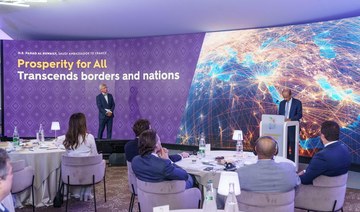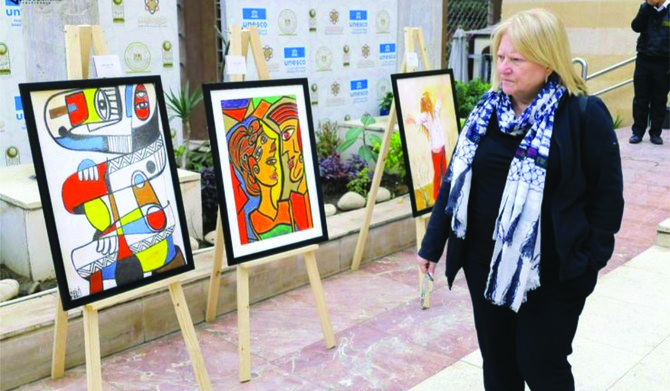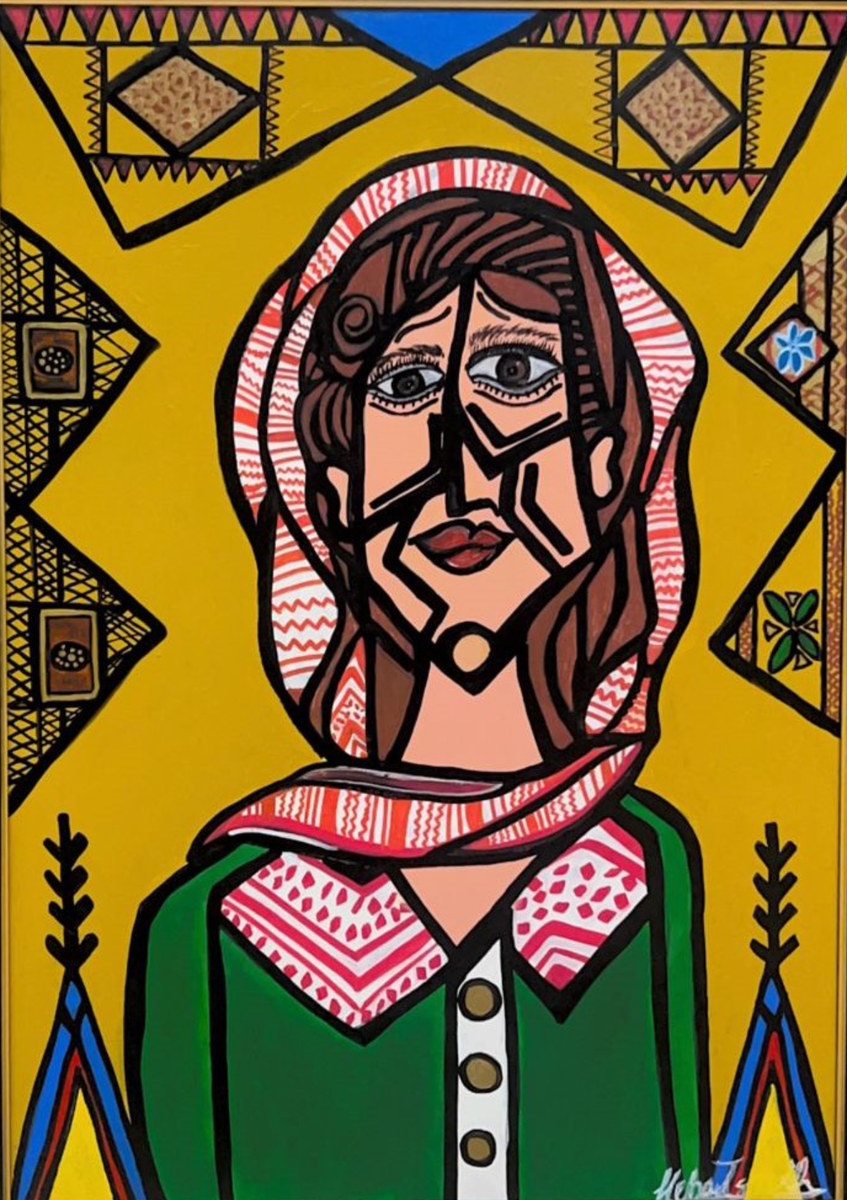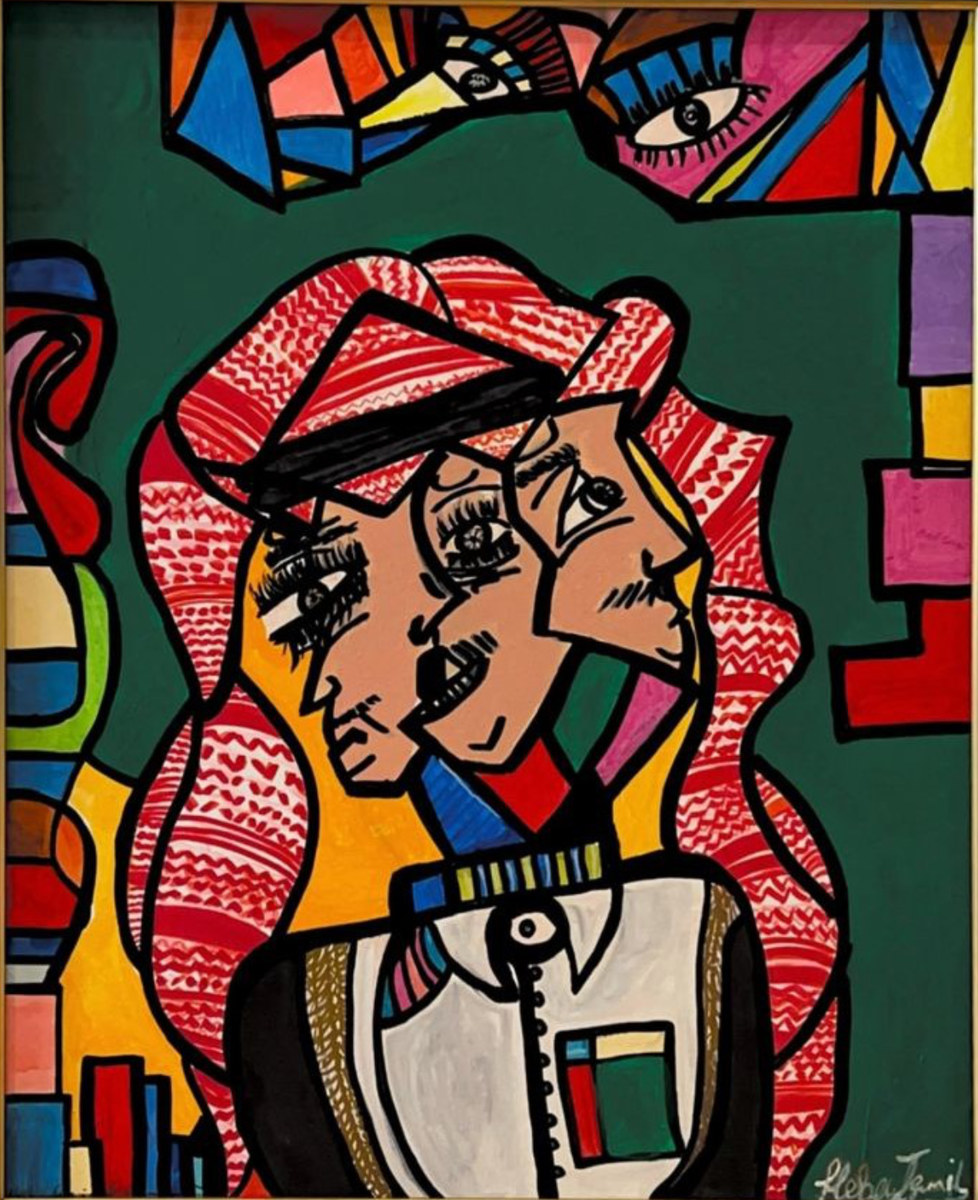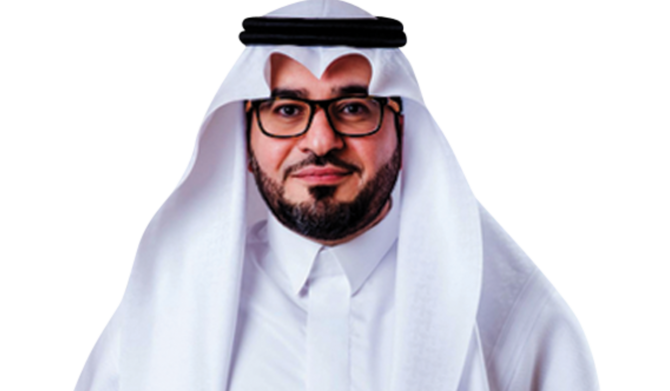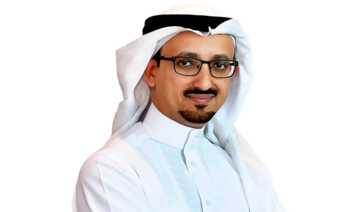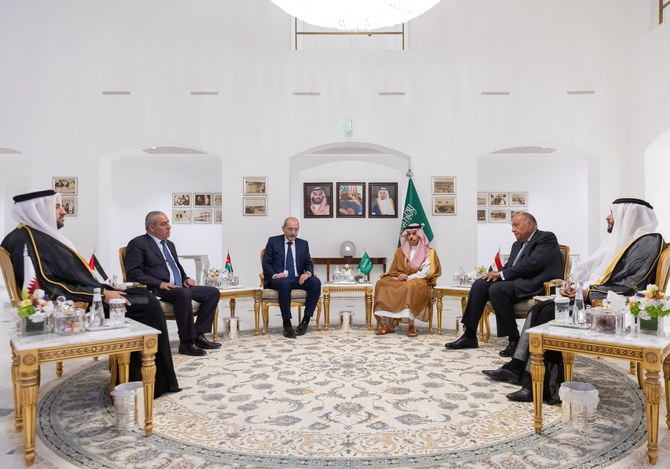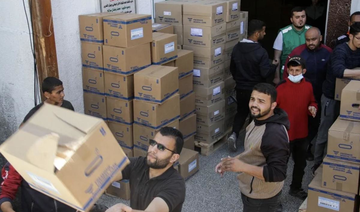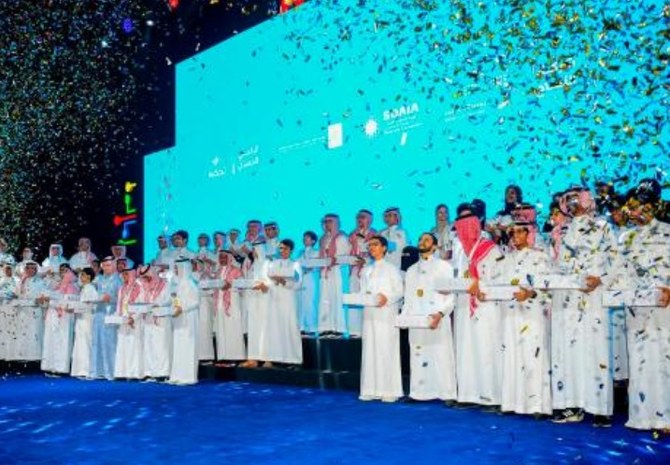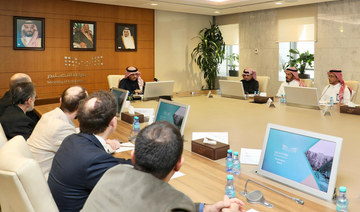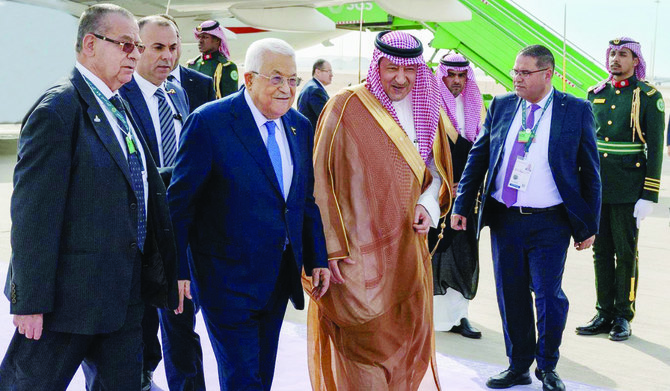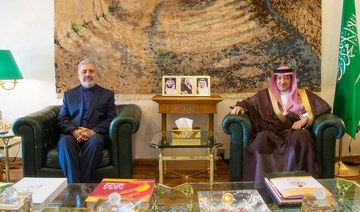RIYADH: Young people in the Saudi capital are ready to reshape the city’s landscape and show Riyadh as a hub of dynamic social progress.
From grassroots community organizing to pioneering entrepreneurship and cultural innovation, the new generation of changemakers models itself as the driving force behind positive transformation in their community.
Arab News approached some of those inspiring change.
Talal Al-Hammad, the editor-in-chief of entArabi, said these changemakers are at the forefront of a significant shift toward sustainable and inclusive development.
“It may come as a surprise, but the young entrepreneurs in Riyadh, both men and women, are deeply engaged with all the latest trends in entrepreneurship.
“We have genuine problem solvers, addressing issues unique to Saudi society with innovative solutions.
“They’re making waves across various sectors including fintech, edtech, proptech, blockchain and AI (artificial intelligence), among others.”
He highlighted two ventures as examples of the positive impact these young entrepreneurs are making, the Barakah and Hemam apps.
Co-founded by Abdulaziz Al-Saud and Rabah Habiss, the Barakah app tackles the problem of food waste by using a mobile platform to offer discounts on surplus food from restaurants and stores.
Meanwhile, Bader Alarjani’s Hemam app is breaking down barriers for people with disabilities, offering them improved access to transport services and greater inclusivity in daily life.
Al-Hammad, who has witnessed firsthand the dynamic shift in the entrepreneurial landscape of the capital, said that the surge in young changemakers in Riyadh “is driven by Vision 2030 and government support, aiming to diversify the economy and foster innovation” and, coupled with “increased access to venture capital, angel investors, and government grants, provides essential financial support, enabling the testing and scaling of innovative ideas.”
EntArabi plays a critical role in this ecosystem by supporting youth, highlighting their achievements, offering a comprehensive directory of startups and sharing founders’ stories to inspire others.
For aspiring entrepreneurs in Riyadh eager to embark on a journey of social innovation, Al-Hammad emphasized the importance of making use of the many government initiatives and grants available, especially in the early stages of the venture, as well as to harness the power of the media and storytelling.
“Skillful storytelling can attract support, motivate others, and enhance your venture’s influence,” he said.
In a city immersed in tradition, Morouj Meliebary is leading efforts to revitalize Riyadh’s cultural heritage and promote artistic expression.
The senior section manager for communication and engagement at the Royal Commission for Riyadh City is on a mission to transform the capital into a global art gallery.
She said: “The vision of Riyadh Art is to turn the city into a gallery without walls. We are physically and tangibly making a change, architectural changes, we are placing art across the city.
“And this art should represent the people who live in the city or the people who visit, the people who are part of this identity.”
Riyadh Art, one of the largest public art initiatives in the world, was launched in March 2019 by King Salman, under the supervision of the Committee of Grand Projects chaired by Crown Prince Mohammed bin Salman.
The culture expert added: “We have opened the door for youth, we want the youth to be part of this imprint. We have a lot of very young artists who participated in Noor Riyadh, and we always open the door for them to meet with more experienced artists who have been in the industry for much longer for them to learn from each other.
“The idea behind that is for non-Saudi artists to meet with local artists to exchange cultures."
Noor Riyadh, a Riyadh Art initiative, is a citywide annual festival of light and art comprising public art installations across Riyadh city, including a diverse program of talks, tours, workshops and events.
Another Riyadh Art initiative is the Tuwaiq Sculpture, a symposium that also annually unites local and international artists in Riyadh to craft public artworks, fostering cultural exchange through workshops, talks and interactive engagement.
Meliebary, a Saudi anthropologist who takes pride in her narrative of encapsulating the essence of a “society changemaker,” said that “inclusion is important because there’s so much that we share in common.”
Beyond the tangible artworks, the initiative has embraced digital platforms to boost its reach and allow for a transnational dialogue on art and culture.
This digital expansion is particularly significant for young Saudis, providing them with an opportunity to engage with and contribute to the worldwide art community, demonstrating “that Saudi is transforming, and they are the face of this change,” Meliebary said.
After using her passion for writing to publish her first book, Meliebary’s transition to the Royal Commission for Riyadh City further amplifies her influence, with an eye to improve inclusivity, sustainability and cultural enrichment.









